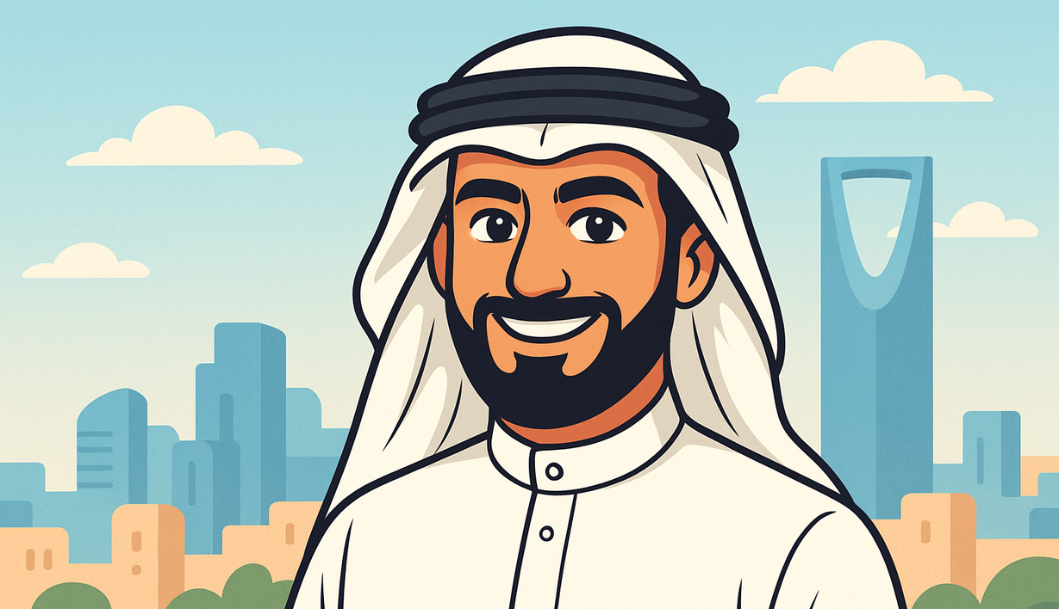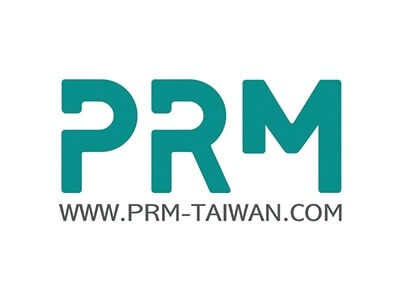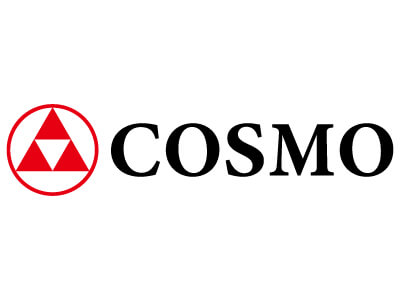Hot Money, Booming Demand, and Tech Upgrades: Riyadh's Golden Cross for the Plastics and Rubber Industry

As the global supply chain gets reshuffled, the question is: who will dominate the next manufacturing wave? In 2025, Riyadh—the beating heart of Saudi Arabia's energy empire—is skyrocketing onto the global stage as a major growth engine for plastics and rubber equipment demand. Transitioning from an oil capital to a manufacturing powerhouse, the Middle Eastern industrial landscape is quietly but rapidly being redrawn.
Introduction: The Energy Empire Strikes Back — Riyadh's Meteoric Rise
According to the latest research from 6Wresearch, the Middle East plastic processing machinery market is expected to grow at a CAGR of 8.2% between 2025 and 2031.
In contrast, the global average growth rate hovers around 4.4%-4.5%, highlighting the region’s explosive potential.
Saudi Arabia’s plastic packaging market alone is forecasted to reach approximately USD 800 million by 2024, with per capita plastic consumption reaching 95 kilograms, significantly above the global average.
In this PRM special feature, we dive deep into Riyadh's market dynamics, exploring its unique "follow-the-leader" buying patterns, smart manufacturing trends, and the evolving landscape for plastics and rubber equipment suppliers.
Petrochemical Power: Fueling Saudi Arabia’s Plastics and Rubber Equipment Boom
As one of the world’s largest petrochemical producers, Saudi Arabia’s 2024 petrochemical output is projected to hit an impressive USD 45 billion, laying a solid foundation for its manufacturing ambitions.
Riyadh, the economic powerhouse of the GCC region, further reinforces this strength, boasting over USD 2 billion in annual bilateral trade with Taiwan alone.
On the demand side, the local injection molding machine market is forecasted to reach USD 304 million by 2030.
Meanwhile, the plastic packaging materials market is expected to grow to USD 800 million by 2024, driven primarily by the surging demand for flexible packaging—pushing up requirements for film blowing machines, bag-making machines, and extrusion lines.
Veteran supplier CHAO WEI PLASTIC MACHINERY shared insights from years of market experience, noting Saudi Arabia’s strong appetite for daily-use consumables like tablecloths and trash bags, further fueling the market for bag-making and film-blowing equipment.
Energy Shift Brings New Capital: Accelerating Local Manufacturing in Saudi Arabia
Recent global energy shifts have unexpectedly supercharged Saudi Arabia's manufacturing push.
With rising U.S.-China trade tensions, China significantly reduced LNG imports from the United States and instead ramped up purchases from Qatar and Saudi Arabia, boosting the kingdom’s energy revenues.
This inflow of capital has enabled the Saudi government to double down on localization efforts.
Initiatives like IKTVA (In-Kingdom Total Value Add) have attracted global giants such as Honeywell and BASF to establish manufacturing facilities locally—creating ripple effects across the plastics and rubber equipment sector.
Notably, the Saudi Green Initiative was also launched, setting a firm agenda to promote green manufacturing and drastically cut carbon emissions by 2030.
Manufacturers eyeing Saudi Arabia must now integrate energy-saving and eco-friendly designs early in the product development stage to stay competitive.
SABER Certification: The New Gateway to Saudi Arabia’s Plastics Market
Entering the Saudi market isn’t just about showing up with inventory anymore.
Starting January 1, 2025, the kingdom will enforce a "dual certification" policy through the SABER platform:
- PCoC (Product Certificate of Conformity): Proves the product meets SASO technical standards.
- SCoC (Shipment Certificate of Conformity): Required separately for every batch before customs clearance.
The old “letter of commitment” loophole has officially been closed.
Failure to present these certificates? Prepare for port delays and fines up to 30 million SAR.
And with the newly released Machinery Safety Technical Regulation, imports must now meet 111 safety standards—most aligned with ISO/EN—and all labeling must include Arabic safety instructions.
This tougher “entry exam” signals Saudi Arabia’s urgency to upgrade its industrial ecosystem.
The message is clear:
Price warriors will be sidelined; compliance champions will take the lead.
Want to win in the Middle East?
Master the SABER game first.
Smart Manufacturing Takes Off, Chemical Recycling Opens New Frontiers
In 2025, smart manufacturing in the Middle East isn’t just a buzzword—it's policy.
Saudi Arabia’s "Smart Manufacturing Incentive Program" is aggressively pushing AI-driven automation, IoT monitoring, and data-driven production upgrades.
In parallel, the plastics recycling landscape is evolving.
While traditional mechanical recycling remains mainstream, plastic pyrolysis—a chemical recycling method—is gaining serious traction.
Through high-temperature, oxygen-free processing, plastics are broken down into oil, gas, and carbon black.
Though technology maturity is improving, optimal reuse strategies for pyrolysis oil are still under exploration, making this a space to watch in the coming years.
China, India, Europe: The Competition is Heating Up
The Middle Eastern plastics equipment market is heating up fast.
Chinese suppliers are aggressively expanding with their cost-effective machines,
Indian companies are carving out niches with flexible customization for SMEs,
and European brands like Germany and Italy maintain dominance in high-end, sustainable technologies.
To stay ahead, players must go beyond quality and delivery speed—continuous innovation and brand storytelling are now essential weapons on the battlefield.
Brand Strength × Customization × Digital Marketing: Winning Strategies for the Middle East
Taiwanese plastics equipment manufacturers have steadily built a solid reputation in Saudi Arabia, blending reliability with innovation.
For instance, Kung Hsing extrusion lines, boasting CE certification, have been successfully sold across 100+ countries.
Meanwhile, CHAO WEI has entrenched itself locally by combining stable product quality with responsive customization.
Recommended strategies going forward:
-
Strengthen presence at key industry exhibitions and foster direct relationships with local enterprises.
-
Focus product development on high-demand sectors such as bag-making machines, blown film lines, and foam extrusion systems.
-
Embrace digital marketing:
Using YouTube shorts to showcase live equipment operation has proven highly effective—for example, one supplier saw a 27% increase in inquiries from Saudi Arabia and the UAE within three months.
Also, don't overlook Arabic-language B2B platforms like PRM-Taiwan and Plastechmag for localized exposure.
2025 Riyadh Plastics & Rubber Market — The Turning Point You Can’t Miss
For decades, Middle Eastern nations have built vast capital reserves from their natural resources. Today, that capital is fueling a fast-track shift into advanced manufacturing.
With global supply chains being redrawn, smart factories on the rise, and sustainability becoming a non-negotiable, Riyadh is no longer just an oil capital—it’s a frontline for industrial transformation.
But success in this new era isn’t just about great equipment—it’s about visibility.
At PRM, we help plastics and rubber machinery manufacturers get discovered, remembered, and chosen by international buyers. Through:
- Multi-language SEO that ensures you're found faster
- Integrated trade show promotion and digital content campaigns
- B2B interviews, product videos, and editorial storytelling that turn machines into market-ready brands
2025 is the year Saudi Arabia moves from petrochemicals to precision. If you're ready to ride this wave of industrial evolution, PRM is your launchpad.
Let’s make sure the world doesn’t just buy better machines—it knows exactly where to find them.


















